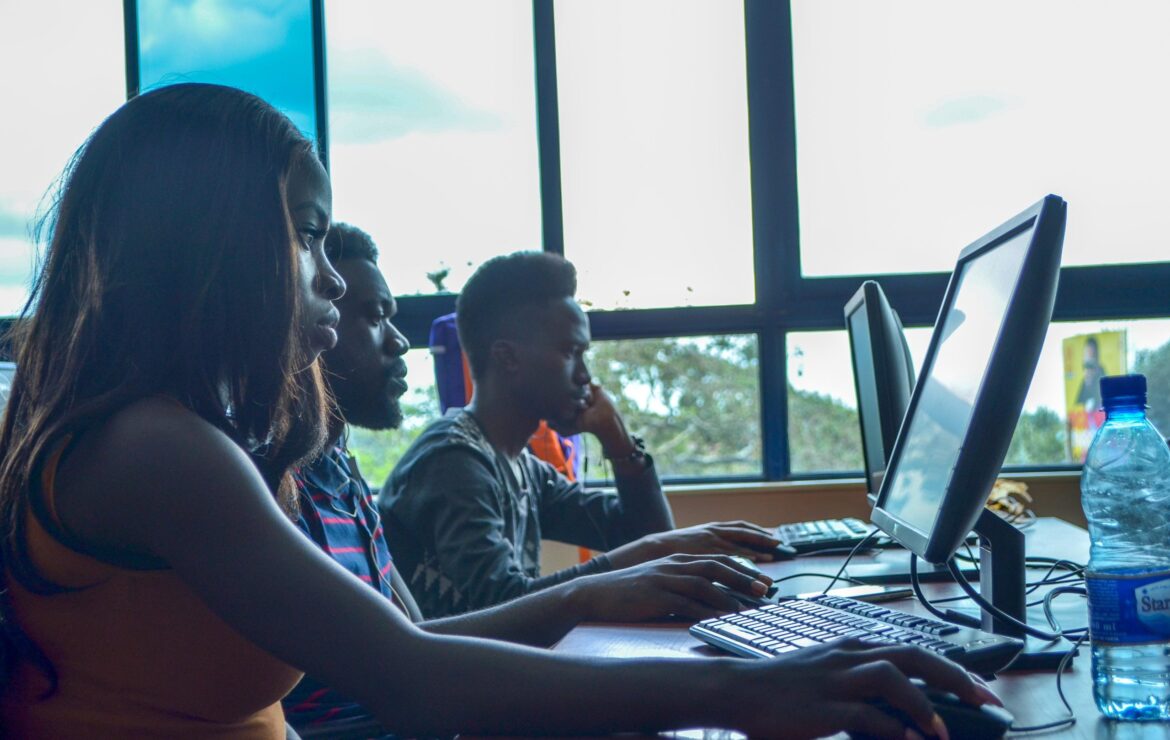JUST IN: UNICEF Urges Nigerian Schools to Include FGM Education in Curriculum

JUST IN: UNICEF Urges Nigerian Schools to Include FGM Education in Curriculum
The United Nations Children’s Fund (UNICEF) has called on Nigerian schools to integrate education on Female Genital Mutilation (FGM) into their curriculum as part of efforts to eliminate the harmful practice.
Denis Onoise, UNICEF Child Protection Specialist at the Lagos Field Office, made this appeal during a two-day media dialogue on advocacy against FGM held in Benin.
Onoise stressed that schools’ Guidance and Counseling Departments play a vital role in enlightening young people on the dangers of FGM, describing it as a form of gender-based violence that demands urgent attention. He urged school authorities and Parents Teachers Associations (PTAs) to actively join the campaign, pointing out that tackling FGM at the community level will help break long-standing cultural and social norms.
He said school administrators, teachers, and PTA forums should lead in sensitising children, parents, and guardians. According to him, educating students within schools can have a ripple effect beyond classrooms, influencing families and communities to reject practices that endanger girls’ health and future.
Onoise also highlighted the importance of marriage registries in shaping cultural attitudes. “When couples sign marriage certificates, they should also acknowledge their commitment not to mutilate their female children. This commitment is part of protecting future generations,” he stated.
He further warned that FGM remains illegal in Nigeria and carries heavy penalties. “Parents must know that allowing their daughters to undergo FGM attracts serious sanctions. The state is against it, and violators will face the full wrath of the law,” he said, noting that punishments range from fines of ₦200,000 to ₦500,000 or imprisonment, depending on court rulings.
Onoise explained that awareness of legal consequences is crucial in discouraging the practice, as families are more likely to abandon FGM once they understand its repercussions. On support for survivors, he said, “Psychosocial support has been put in place, offering counseling, awareness programs, and community education to help them heal and prevent other girls from undergoing the practice.”
He concluded by calling for stronger collaborations among schools, marriage registries, and communities, stressing that coordinated efforts are essential to eradicating FGM in Nigeria






